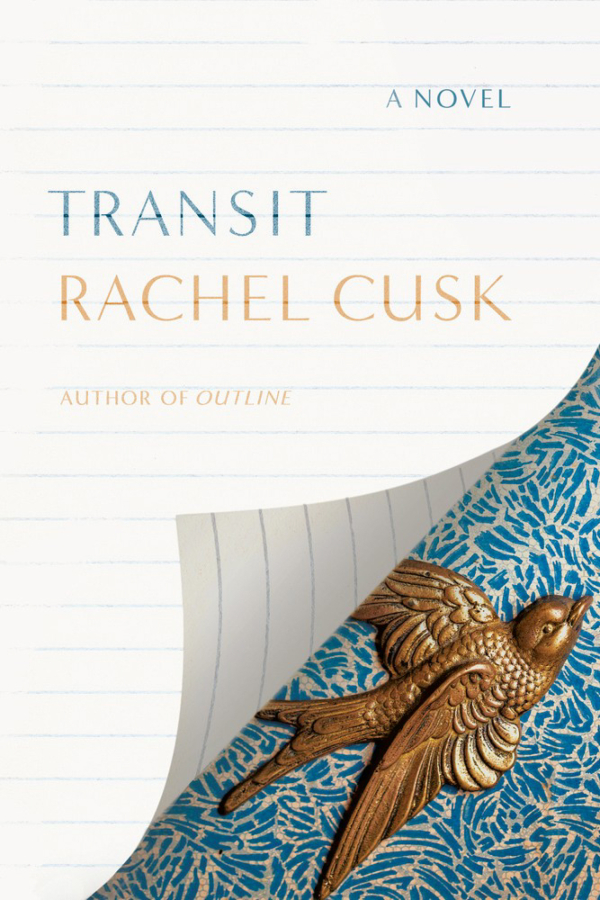To put too fine a point on it, “Transit” is a novel about transition by an author whose style is in transition.
British writer Rachel Cusk is returning fiction to its roots in storytelling. This is a concept she first pioneered, perhaps with more success, in “Outline,” her 2015 novel about a nameless narrator at a writing workshop in Athens. The title alluded, fittingly enough, to the writing process, but also to the bare-bones structure of the plot: Writing instructor ambles through Greece, hosts workshop and is told by a number of strangers the bare outlines of their lives. In “Transit,” too, there is a tellingly Cusklike narrator and a shell story: Writer returns to old neighborhood and renovates flat while negotiating relationship with her two children (with recently divorced husband) and looking, a little, for love. But the meat of the novel isn’t the narrator’s story so much as the stories that strangers feel compelled to tell her.
As a structure, this is as old as Chaucer, but it feels, for this generation, very new. At a time when many literary bestsellers are introspective and self-focused, Cusk has created a novel in which every chapter begins with other people: “The trees were a mixed blessing, Lauren said”; “Gerard was instantly recognizable”; “The student’s name was Jane.” The narrator reduces herself to a vehicle for others’ stories. There’s a daring in this method congruent with its modesty.
What results is implicitly, and often explicitly, a story about storytelling. Cusk’s theme here, excellently timed for the new year, is the near impossibility of transformation.



